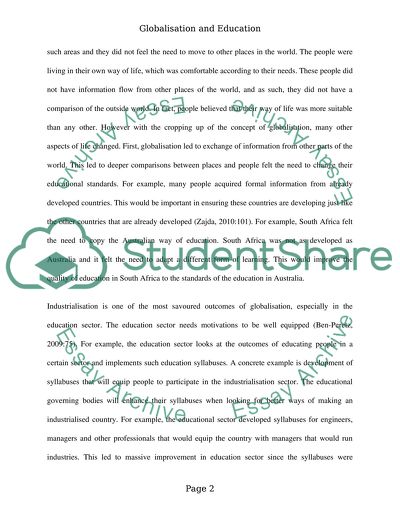Cite this document
(Key Ideas, Theories, Policies and Practices around Globalisation and Essay, n.d.)
Key Ideas, Theories, Policies and Practices around Globalisation and Essay. Retrieved from https://studentshare.org/education/1478643-a-short-c
Key Ideas, Theories, Policies and Practices around Globalisation and Essay. Retrieved from https://studentshare.org/education/1478643-a-short-c
(Key Ideas, Theories, Policies and Practices Around Globalisation and Essay)
Key Ideas, Theories, Policies and Practices Around Globalisation and Essay. https://studentshare.org/education/1478643-a-short-c.
Key Ideas, Theories, Policies and Practices Around Globalisation and Essay. https://studentshare.org/education/1478643-a-short-c.
“Key Ideas, Theories, Policies and Practices Around Globalisation and Essay”, n.d. https://studentshare.org/education/1478643-a-short-c.


